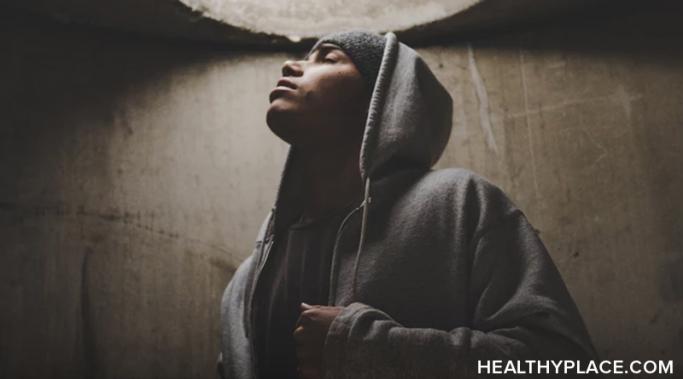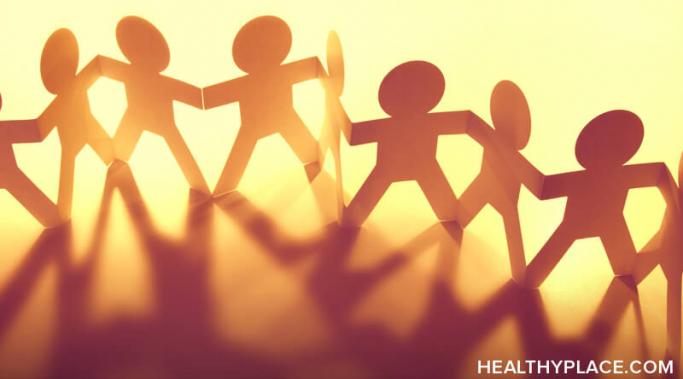"I'm the craziest person in the world" is something so many people with a mental illness have said to themselves, and maybe even others. This happens a lot before treatment but can happen even after. Feeling "crazy" is a real thing for so many of us, and feeling alone with feeling crazy is a real thing too. If you've caught yourself thinking, "I'm the craziest person in the world," you need to read this.
Breaking Bipolar
Some with bipolar disorder appear high-functioning online. I'm one of them, according to some of those who follow me. But high-functioning bipolar online is not the same thing as high-functioning bipolar in life. Read on to learn about what high-functioning bipolar disorder really is and how it looks online and in-person.
Medical consensus in psychiatry is critical. Many people do have many opinions, of course, but understanding psychiatric medical consensus is what makes all the difference. If you have 1000 psychiatrists in a room, after all, you can be guaranteed someone is going to disagree on any subject, but who do you believe, the 999 or the one? And is a medical consensus in psychiatry worth more than the opinion of psychiatric patients?
At one time, I was obsessed with my own suicide. This isn't a particularly pleasant admission or memory, but it's true. Thoughts of suicide would run through my head every single day. And to be clear, this suicide obsession, wasn't simple teen ennui or just mere "thoughts" that were transienty. It was very distressing and mostly out of my control.
I have bipolar disorder, but I'm not a bipolar survivor. I am a psych patient, but I'm not a psych patient survivor. Which is to say that I am surviving a life as both, but I don't feel the need to take the word "survivor" as my own. I find tacking the word "survivor" after everything unnecessary and clunky. It strikes me as being a cry for external validation that I just don't require. I'm not a "bipolar survivor" or "psych patient survivor" and that's okay.
You're going to need to talk to people about your bipolar disorder. It doesn't matter what stage of the illness you are in -- just after diagnosis, deep into treatment or in remission -- you need other people to know about your mental illness. So let's talk about why you need to talk to people about your bipolar and how to do it.
There is a horrible relationship that people with bipolar disorder live with: bipolar affects sleep and sleep affects bipolar disorder. And neither one of them likes each other. It's like being followed around by a bickering couple that occasionally starts screaming at each other. I downright hate it. So let's take a look at how bipolar affects sleep and how sleep affects bipolar disorder (and you) and what you can do about it.
Many people spend time trying to figure out why they have bipolar disorder. There are many things that can contribute to it, so its origins often aren't really clear. But the question is, does it really matter why you have bipolar disorder?
I believe depression prevents self-improvement. Maybe not in its entirety, but certainly overall. I feel like depression is a wall and I'm chained to it so forward progress is all but impossible. So what do you do if you think depression is preventing your self-improvement?
Luckily, coronavirus good news has finally made its way into the media. I'm finally seeing signs that the COVID-19 pandemic is easing in some places. This, of course, means the lockdowns that have taken place all over the world are now calming as well. Hearing this good news about the coronavirus has had a significant effect on my mental health.









